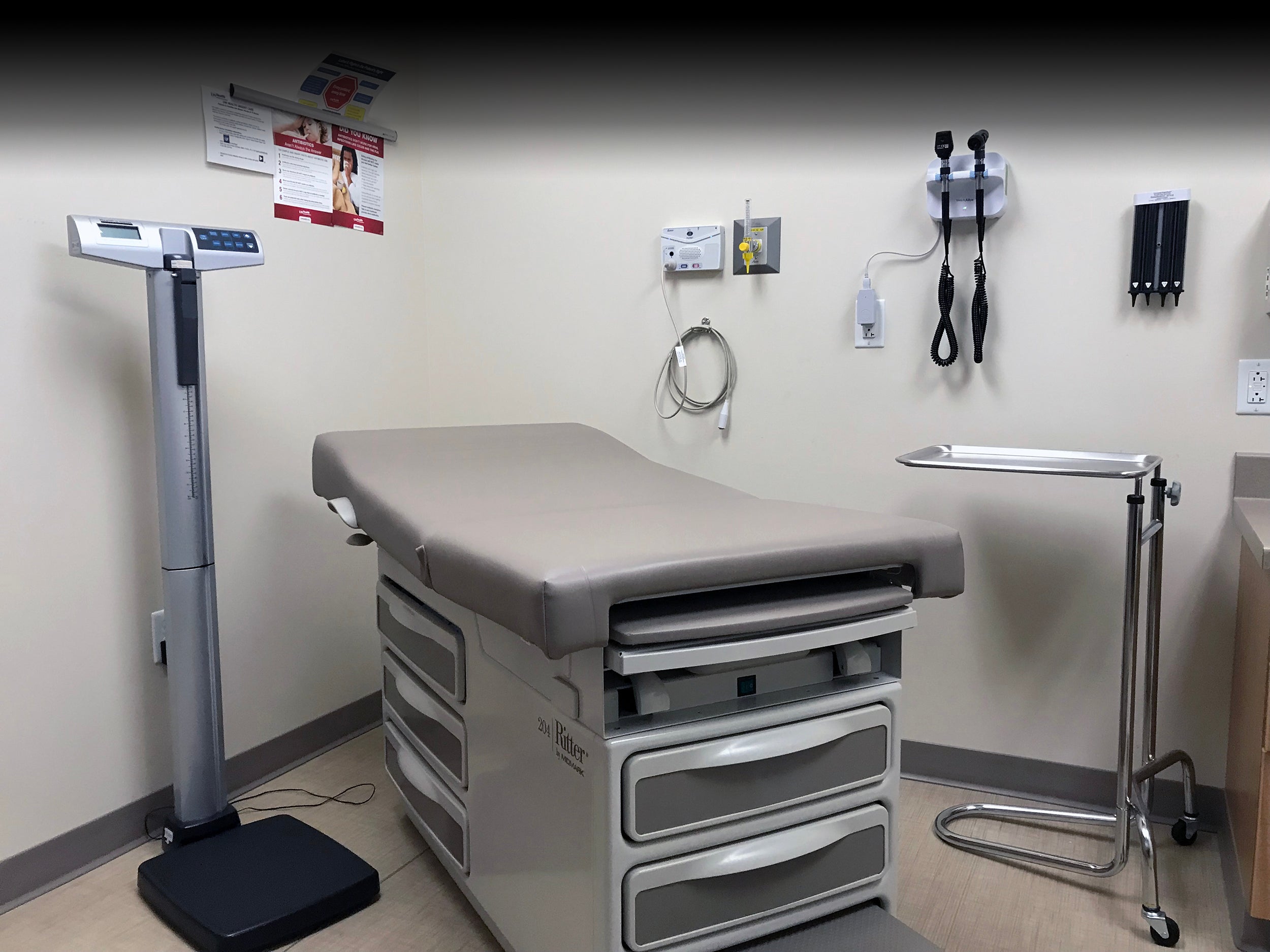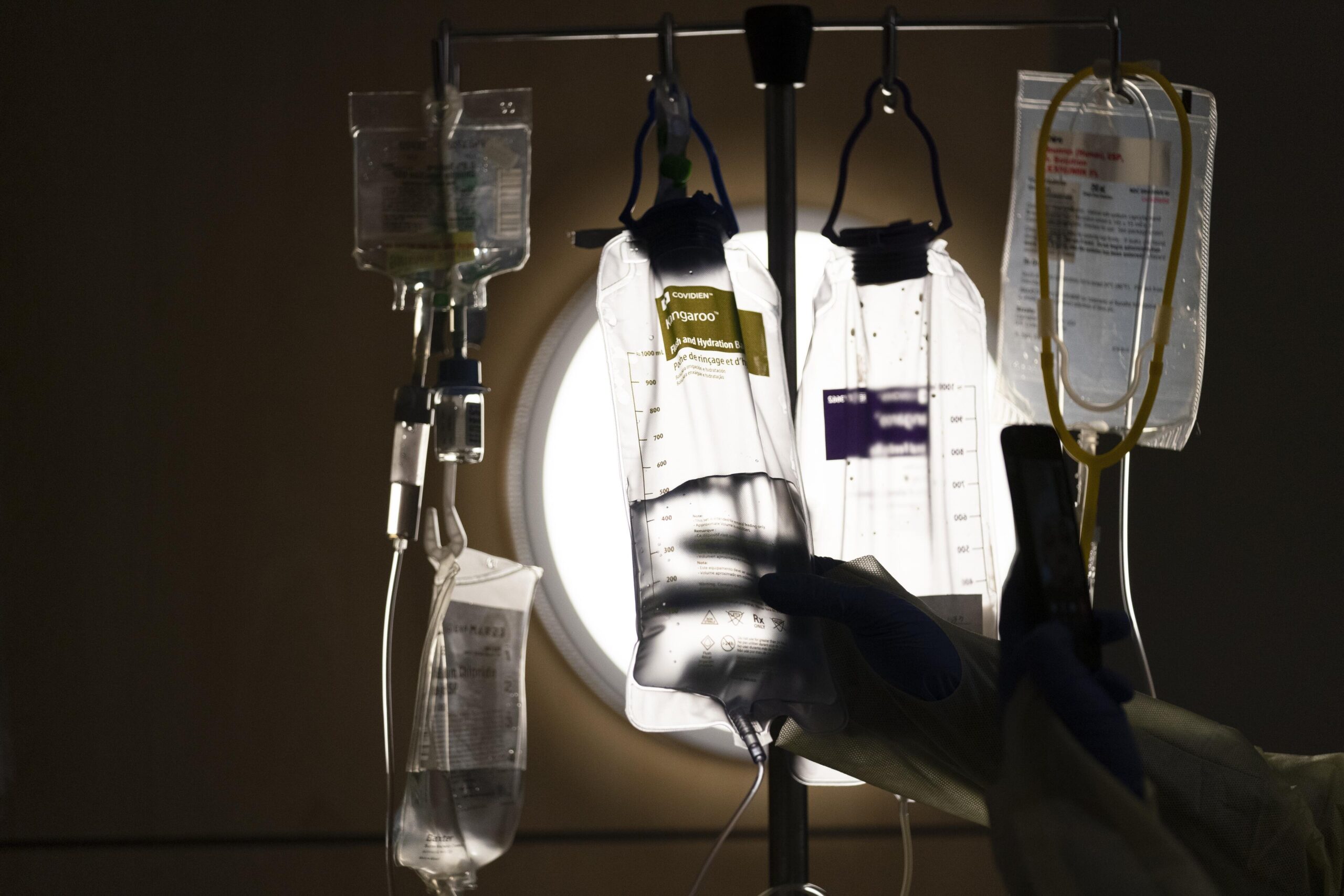The Wisconsin Department of Financial Institutions is warning debt collectors against “harassing” debtors during the coronavirus pandemic.
In proposed guidance issued April 13, the agency said Wisconsin’s consumer protection law grants courts and regulators flexibility “to account for new economic conditions” while deciding what constitutes illegal harassment, and “those new conditions have arrived.”
“Many consumers who made pre-pandemic credit purchases were planning to make payments with revenue earned this spring. For millions, that work has now been canceled or indefinitely postponed,” the guidance said. ” … They’re going to miss payments on consumer credit transactions, through no fault of their own, because that is the rational thing for them to do.”
News with a little more humanity
WPR’s “Wisconsin Today” newsletter keeps you connected to the state you love without feeling overwhelmed. No paywall. No agenda. No corporate filter.
Agencies that routinely collect debt by telephone could face fresh burdens in defending themselves against complaints of harassment, the department added.
“During this public health emergency, telephone communications are far too vital to be wasted on futile debt-collection calls — a practice that leads people to ignore calls from unfamiliar numbers, missing some that may be critical,” the guidance said.
Bobby Peterson, executive director of ABC for Health, a nonprofit public-interest law firm in Madison, called the guidance a warning to collection agencies to “back off,” but he doubted it would encourage more people to fight them.
“The amount of civil, legal services that are available to low-income people that can’t afford an attorney is so low it’s almost non-existent,” Peterson said. “I think most of the collectors out there are going to roll the dice and say, ‘There’s money on the table, let’s see if we can get it.’”
But Wisconsinites who do take debt collectors to court may face friendly juries, the state guidance said.
“Jurors, too, will have lived through this crisis, and will judge debt collection practices through the lens of this period of shared global hardship and sacrifice. Debt collectors who fail to respect those hardships should expect to be judged harshly,” the document said.
Do You Have Debt Trouble?
The state Department of Financial Institutions offers general advice to debtors here, and residents may file a complaint here.
The agency’s Office of Consumer Affairs can be reached at 800-452-3328 or 608-264-7969.
Peterson suggests asking collectors to stop calling and to keep good records of your interactions with them, including any emails or letters.
“They’re not allowed to keep repeating phone calls to you if you tell them not to call,” he said.
ABC for Health also assists Wisconsin residents who have problems with medical debt or other issues. You can reach the organization at 608-261-6939.
Legal Action of Wisconsin, a nonprofit public interest law firm, is also offering a range of assistance to low-income people struggling with debt or other issues during the COVID-19 crisis. You can call 855-947-2529.
This story comes from a partnership of Wisconsin Watch and Wisconsin Public Radio. Bram Sable-Smith is WPR’s Mike Simonson Memorial Investigative Fellow embedded in the newsroom of Wisconsin Watch (wisconsinwatch.org), which collaborates with WPR, PBS Wisconsin, other news media and the University of Wisconsin-Madison School of Journalism and Mass Communication. All works created, published, posted or disseminated by Wisconsin Watch do not necessarily reflect the views or opinions of UW-Madison or any of its affiliates.






